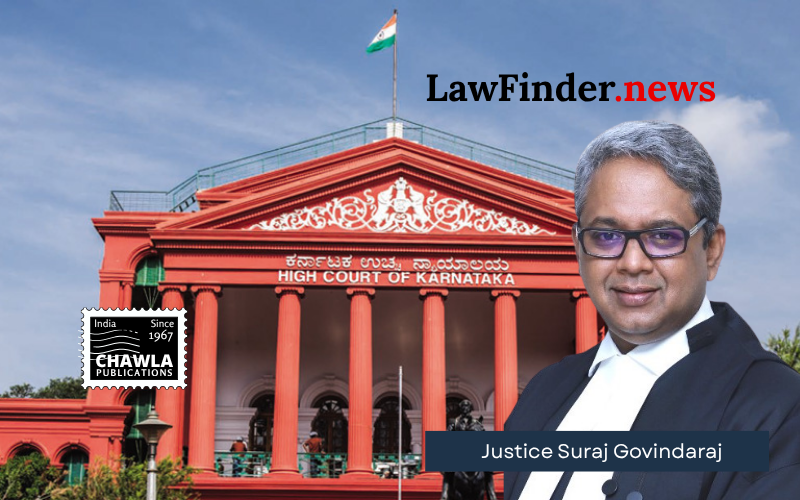Court Orders Limited Disclosure of Aadhaar Information to Aid Investigation, Citing Section 33 of Aadhaar Act
In a pivotal judgment, the Karnataka High Court has directed the Unique Identification Authority of India (UIDAI) to share specific location data of Aadhaar usage in a missing person investigation. The case, presided over by Justice Suraj Govindaraj, involves the mysterious disappearance of Vijay Krishnamurthy Sangeet, whose Aadhaar card was used after he went missing in 2019.
The petitioner, Sri Krishnamurthy, Vijay's father, had approached the court to obtain the Aadhaar authentication history and transaction information, believing it could provide crucial leads to his son's whereabouts. Despite multiple attempts by the local police to trace Vijay, no substantial progress had been made, prompting the petitioner to seek judicial intervention.
The court examined Sections 29 and 33 of the Aadhaar Act, 2016, which govern the sharing of Aadhaar information. While Section 29 restricts the disclosure of core biometric information, Section 33 allows for the disclosure of identity and authentication information under a High Court order, provided UIDAI is given a chance to present its case.
Justice Govindaraj noted that the Aadhaar Act aims to facilitate good governance and efficient delivery of services, but also upholds privacy. The court recognized the necessity of balancing these objectives with the need to aid investigations, particularly in sensitive cases like missing persons.
In his ruling, Justice Govindaraj emphasized that while UIDAI's refusal to voluntarily share Aadhaar data was legally justified, the High Court has the authority to mandate disclosure under Section 33. Accordingly, the court ordered UIDAI to provide the location details of the Aadhaar card usage, strictly limiting the disclosure to this information alone to protect privacy.
The judgment underscores the court's role in balancing individual privacy rights with investigative needs, setting a precedent for future cases where Aadhaar data may be crucial for solving crimes or locating missing persons. The UIDAI has been given 15 days to comply with the order, emphasizing the urgency and importance of the investigation.
Bottom Line:
Disclosure of Aadhaar authentication information during investigation - The High Court can direct UIDAI to provide identity information, including location details, if deemed necessary for investigation, under Section 33 of the Aadhaar Act, 2016.
Statutory provision(s): Aadhaar (Targeted Delivery of Financial and Other Subsidies, Benefits and Services) Act, 2016 Sections 29 and 33




